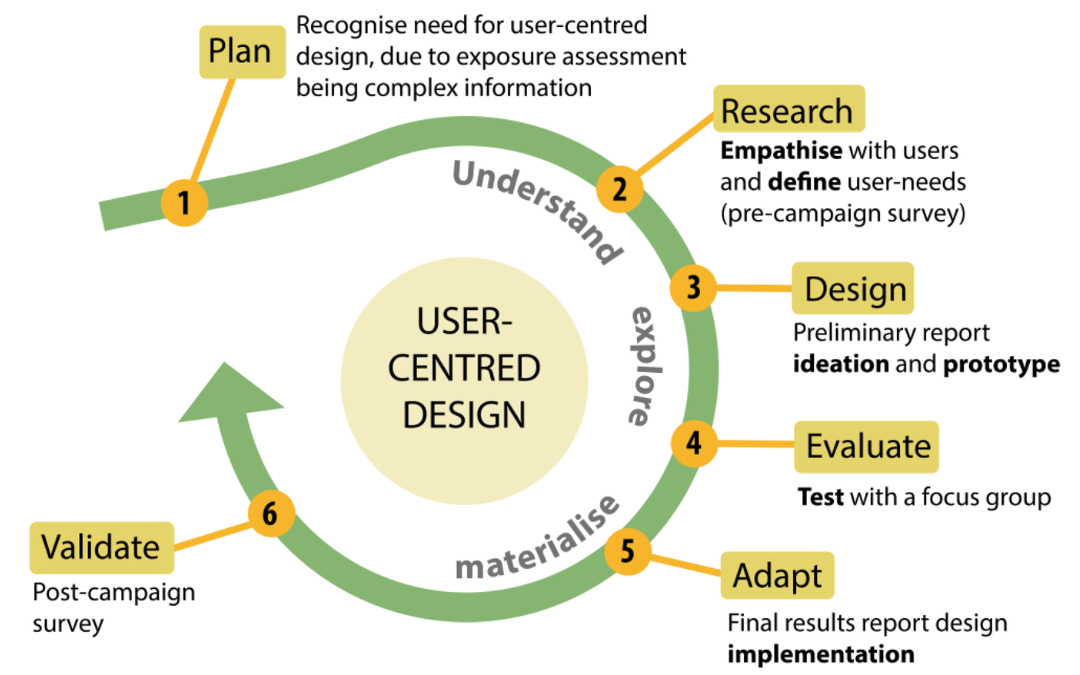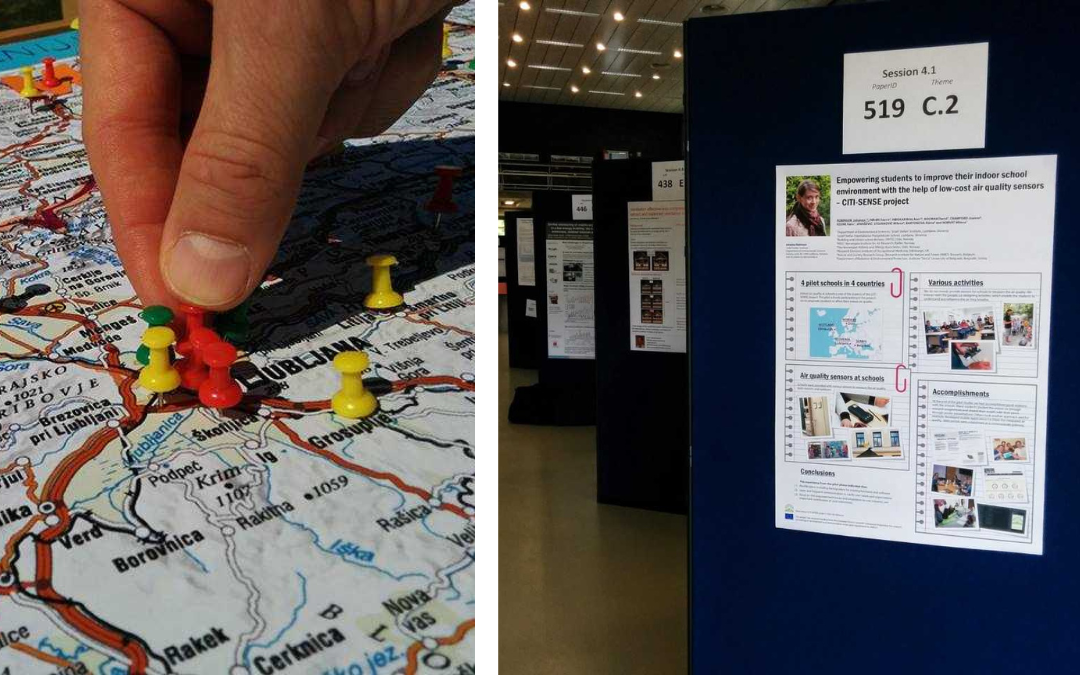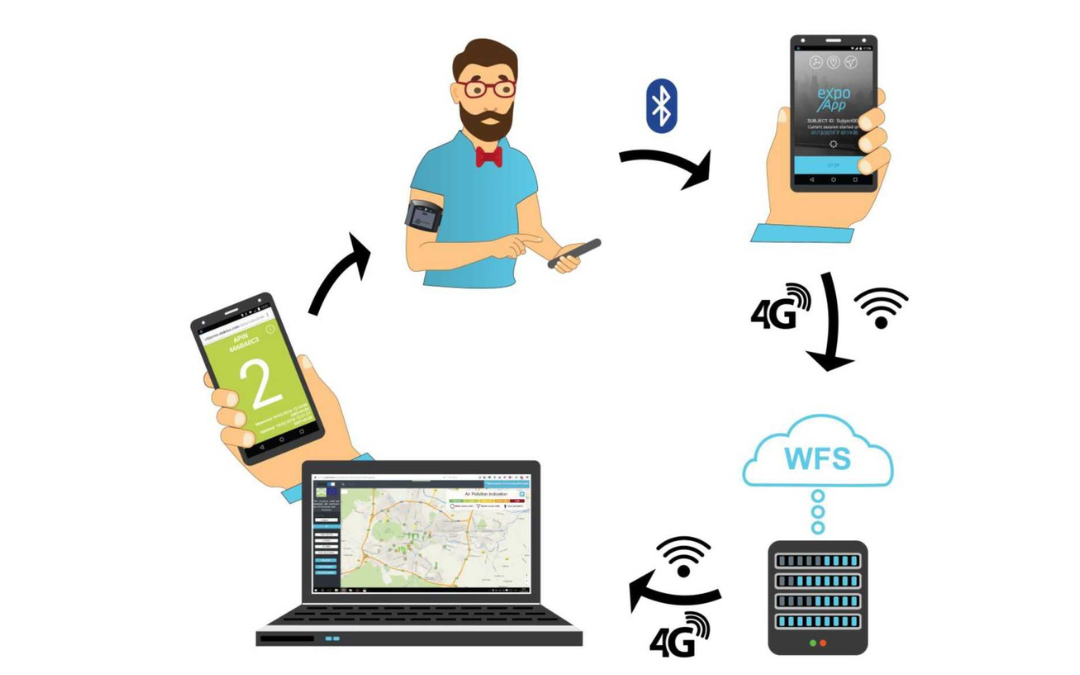Have you ever had frustrating feelings about using new technology? Did you not know how it works (what do I have to press?)? Or did you perform an activity but later doubted whether it was even done (was it sent?)? Do any of your smartphone apps have a user manual (why would it?)? Do you know how to force-stop a phone app if it freezes or crashes? Have you put a lot of effort into doing an activity and later found out that all your effort was wasted due to technical issues (can I trust the new technology to be reliable, or should I make a backup copy the old way)?
Suppose you answered yes to any of the above questions. In that case, you could easily empathise with the experience of volunteers whose user experience and participatory journeys I studied and presented in my doctoral dissertation.
I recently defended my doctoral dissertation entitled User Experience Evaluation of Novel Air Quality Sensing Technologies for Citizen Engagement in Environmental Health Studies. While studying at the Jožef Stefan International Postgraduate School and being employed at the Department of Environmental Sciences at the Jožef Stefan Institute, I was involved in various citizen science projects on air quality, environmental health and exposure to such harmful influences.
Citizen science allows people to participate in scientific research processes. It is uniquely positioned to support and expand participants’ scientific literacy, for example, through hands-on experience. Because it takes place in a real-world context, it offers an opportunity to motivate learning based on relevance and personal interest or motive. In this sense, citizen science contributes to the democratisation of science. It opens its doors to scientific development within society and provides access to knowledge from publicly funded research.
In my doctoral dissertation, I highlighted the challenges associated with the applicability of novel air quality sensing technologies using ethnographic user research. Although the technology is not there yet, as I titled one of the published articles, participating in citizen science projects supports individual and community learning by enabling hands-on, active experimentation and learning.
In addition to the user experience, I also studied the participants’ motivation, expectations, risk perception and behavioural changes. All of this helped in understanding which tools are acceptable and fit for purpose in citizen science settings. The latter includes, for example, that tools should be developed to match the motivations and expectations of the participants – meaning that they enable them to do what they set out to achieve. In our case studies, this usually meant learning about the level of air pollution in their everyday environment to reduce their exposure. At the same time, we must recognise that the information provided to participants must be tailored to their needs. In both cases, this dictates the need to involve participants in product and information design. Products should focus on people and benefit them in achieving their goals; otherwise, the only result will be the frustration described above. They should be designed for and with the people who actually use them. We should not be forcing people to adapt to poorly designed technology; it should be the technology that should be adapted to the users.
The findings suggest that learning in a informal setting, such as a citizen science project, has the potential to empower people to change their behaviour. More than half of the participants reported behavioural changes. However, we must provide them with tools fit for purpose, so they are not disappointed. The latter is essential when we want to encourage their cooperation.
Over the past eight years, I have witnessed the integration and applicability of citizen science at various levels. First and foremost, among the general public, in the form of local air quality campaigns. Secondly, in school environments, in the form of nature days or specialised technical days etc. And last but not least, being involved in large project consortiums across Europe, as well as taking part in various expert groups and tasks related to citizen science.
Although the inclusion of citizen science in schools has become a trend worldwide, mostly middle-aged or retired people participate. Therefore, turning to ALE is a natural step forward in my career while remaining in the local Slovenian research space.
I look forward to our new project: Climate Goals and Content in Education. We set up a small citizen science project about observing sunflower pollinators. The project is less technologically oriented than those I have been involved in previously. Hence, fortunately, it does not pose the same risks of failure to deliver data to people as the participants have the role and responsibility to ensure that data is collected. They can make their own preliminary observations from the data they collect with old-fashioned pencil and paper.
By involving the community, such as various learning and education centres and institutes, as well as small associations and groups, we can observe a different kind of citizen science – community citizen science. The relation with popular education seems to challenge the very definition of popular education and citizen science. The collective knowledge and established channels are our advantages in increasing community literacy and creating community action, which is more challenging to implement when only individuals participate in citizen science projects. I look forward to combining collective knowledge into a learning organisation within the project.
With a citizen science approach to this kind of community learning, we can support active and responsible citizenship concerning climate change and biodiversity conservation while contributing to achieving the United Nations Sustainable Development Goals (SDGs). I look forward to learning more about the possibilities for transformative learning and adult education within the framework of the SIAE, the umbrella institution for adult education in Slovenia.
Dr Johanna Robinson (johanna.robinson@acs.si), SIAE





